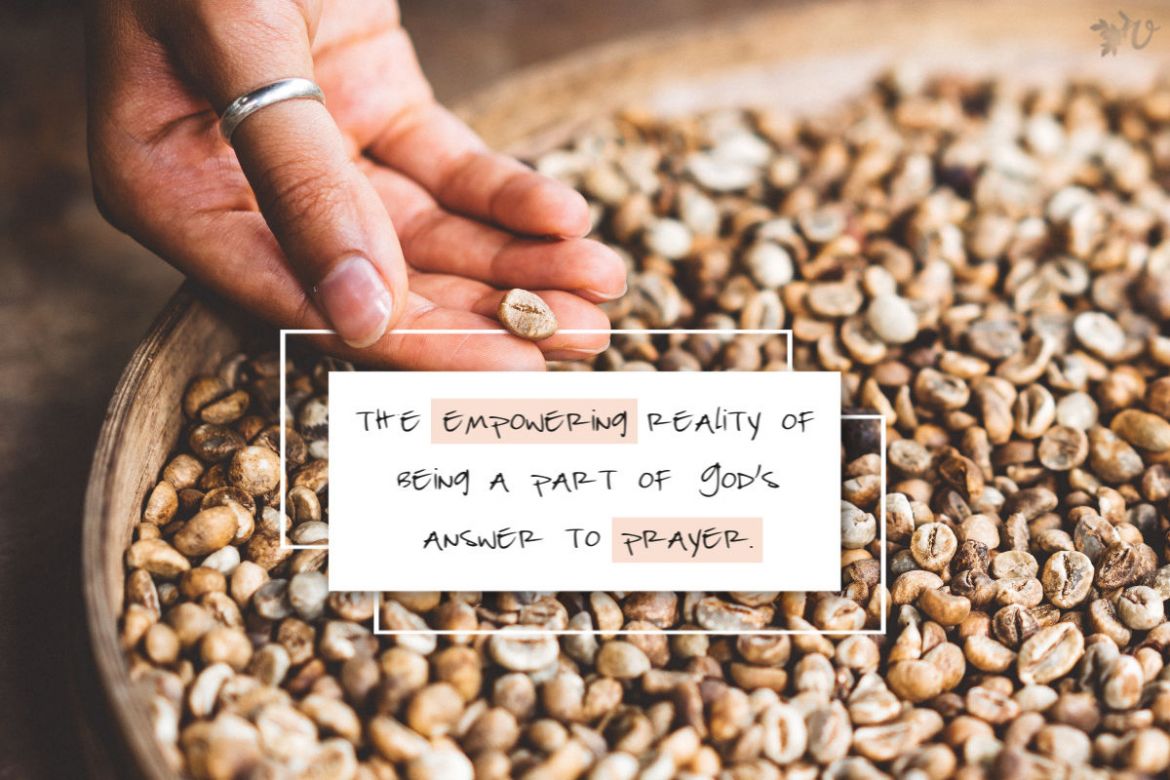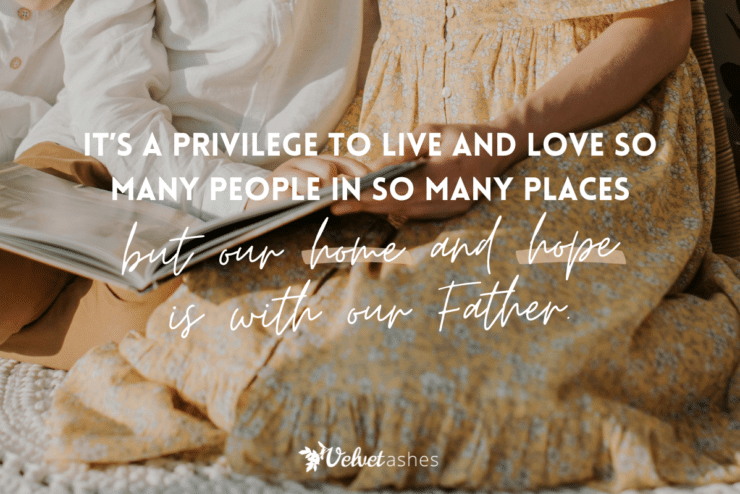When my husband and I arrived in Kenya as Kingdom workers six years ago, we joined a ministry that trained pastors across the country in how to effectively run small discipleship home groups out of their local churches. These churches were in remote, rural villages where water was scarce and abject poverty was a reality.
The trainings seemed to go well, and the pastors were incredibly grateful that we had come and were eager to receive from us again. Over time, our team began to notice that while it seemed to be going well, there was very little through with what had been taught, and there seemed to be no transformation in the churches as a whole. Consequently, the surrounding communities remained unaffected by the churches in their midsts.
As we continued to build relationships and rapport with the local pastors, we gently asked them why they thought people in their churches were not living out what they were learning as disciples of Christ and helping the poor or the sick among them. Shocked that we would ask such a question, they collectively replied that if they began personally meeting the needs in their communities, they would lose the aid they were receiving from the West. This aid included foreign workers, such as us, being sent to train them.
We were stunned that this was their answer and their perspective, and we knew something had to change then and there. But what? This led us to seek the Lord for his discernment and direction.
During one training, we decided to change things up and asked a few volunteers to help us demonstrate what a weekly small group discipleship time could look like. We asked them to pull their chairs into a circle and share a personal need. We knew this was a little risky in a Kenyan context, as it is not culturally appropriate to share your needs outside of your immediate family. But we explained that in the family of God we are called to share our burdens, pray for one another and meet one another’s needs. And so, they began to share.
A woman cried as she revealed that she and her children had run out of money and had not been able to eat for days. She had not openly shared their circumstances before because she had been deeply ashamed and afraid of what the community would think of her.
We prayed for God’s provision, and, since this was a training, we then moved into asking the small group to share what blessings they had received that they’d like to praise God for. People shared this and that, and eventually a woman who had been looking almost giddy this whole time shared that she and her family had had an unexplainable amount of grain in their store that month. They had been trying to figure out what to do with it. She said that she knew right there without a doubt that this extra blessing had been a gift from the Lord for this other lady and her family. The entire room was in shock as the ladies cried and hugged each other.
This was supposed to be a simple demonstration of how these groups can work when believers meet together, and yet, as everyone saw with their own eyes, God immediately provided an answer to a very real need in their midst. And what was even more amazing was that he had done it through somebody in their own community! A community that from an outside perspective was considered impoverished.
As this unfolded in front of us, our team realized that while foreign help in addressing community poverty issues is very important, it is also essential that we actively cultivate opportunities for people in poverty to discover the solutions God has amongst their own people within their own context. If we, as outsiders, solely focus on meeting needs using external resources, we run the risk of two things. Not only do we potentially reinforce the idea to people in poverty that they must rely on others to see their circumstances change, but we may also rob them of the richness of seeing what God has in fact given them in those circumstances, and then seeing Him empower them to meet a local need.
This revelation drastically changed how our team did ministry going forward. In our trainings, we began equipping them to identify what resources God had given them, no matter how seemingly small, and ways He was calling them to minister to their own kinsmen. What came out of that were years of unprecedented testimonies of community needs being met locally that we as foreigners might never be made aware of.
As a result, the members of these remote, rural churches were experiencing what it means to partner with the Lord in the work of the ministry, seeing Him not only provide for them but move through their own lives and resources to bless others.
Eventually, they no longer saw themselves as being without and needing support from outside sources. They discovered the treasures that God had hidden within their own humble lives and the empowering reality it is to be a part of God’s answer to prayers within their communities.
How can we empower those in need to discover God’s provision and opportunities to bless others?
Photo by Joshua Newton on Unsplash





Wow thank you for sharing this! My husband and I have done a lot of training on what not to do. When we try to take in each situation and figure out what to do. I appreciate this application.
I’m so glad you found it helpful! 🙂
What a powerful insightful story and how utterly transformative! Praise God!
Thank you! Praise God, indeed!
Thank you for sharing this inspiring story! I think too often we get in the way with our “help”, when God just wants an opportunity to show Himself strong. In other words, it’s not so much where a person ranks on the poor/rich scale, but how much are we trusting on Him. Thank you for working with God to better reveal His heart!
Agreed. It can be challenging sometimes in ministry to step back and watch what the Lord is already doing there rather than jump in trying to fix or solve what we see right in front of us. But thankfully, He’s faithful to walk alongside until we see what He sees and love the way He loves.
Love, love, love this. Thank you for sharing this story and the challenge of how we can apply this!